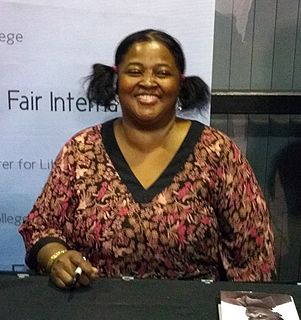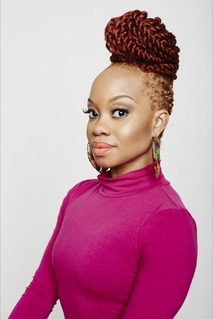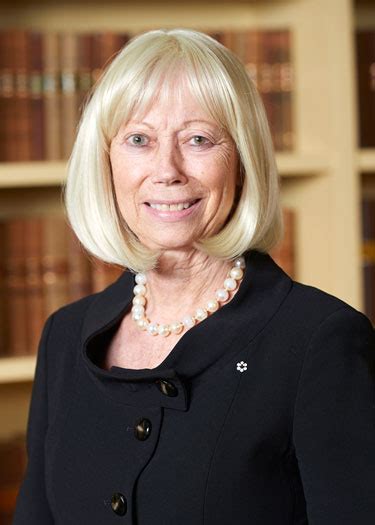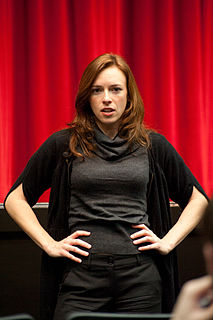A Quote by Kari Skogland
I think, as Canadians, that's just as important as our peacekeeping service: We go out and find these stories that other people are not willing to tell.
Related Quotes
What does it matter, if we tell the same old stories? ...Stories tell us who we are. What we’re capable of. When we go out looking for stories we are, I think, in many ways going in search of ourselves, trying to find understanding of our lives, and the people around us. Stories, and language tell us what’s important.
When we die, these are the stories still on our lips. The stories we’ll only tell strangers, someplace private in the padded cell of midnight. These important stories, we rehearse them for years in our head but never tell. These stories are ghosts, bringing people back from the dead. Just for a moment. For a visit. Every story is a ghost.
Humans are kind of story-propagating creatures. If you think of how we spend our days, think of all the time you spend on entertainment. How much of your entertainment centers around stories? Most pieces of music tell stories. Even hanging out with your friends, you talk, you tell stories to each other. They're all stories. We live in stories.
My definition of good is that you understand that this is a question of power. That you be willing to give up some power. That you be willing to give up some resources. That you be willing to pay Black people reparations for our years and years of service in this country. That you be willing to go home and tell your white mother and father about white racism and how it affects and kills Black people in our communities. That's my definition of good white people, and I haven't met any like that.
Right now we have millions of people in our country who are suffering in isolation, thinking that they are the only ones who are dealing with drug addiction, who don't realize that on their own block there are other people and families. They think they're alone and they think they're going to be judged and they don't want to talk about it. But when people do come forward and share their stories it's incredibly liberating, and it gives other people permission to tell their stories too.
I think that is what we do by preserving and telling our stories. If you don't tell your stories, other people will tell their story about you. It's important that we nurture and protect these memories. Things change. Existence means change. So, the kind of precious memories about being black for my generation won't exist for my kids' and grandkids' generations unless we preserve them through fiction, through film, through comic books, and every other form of media we can possibly utilize to perpetuate the story of the great African-American people.

































